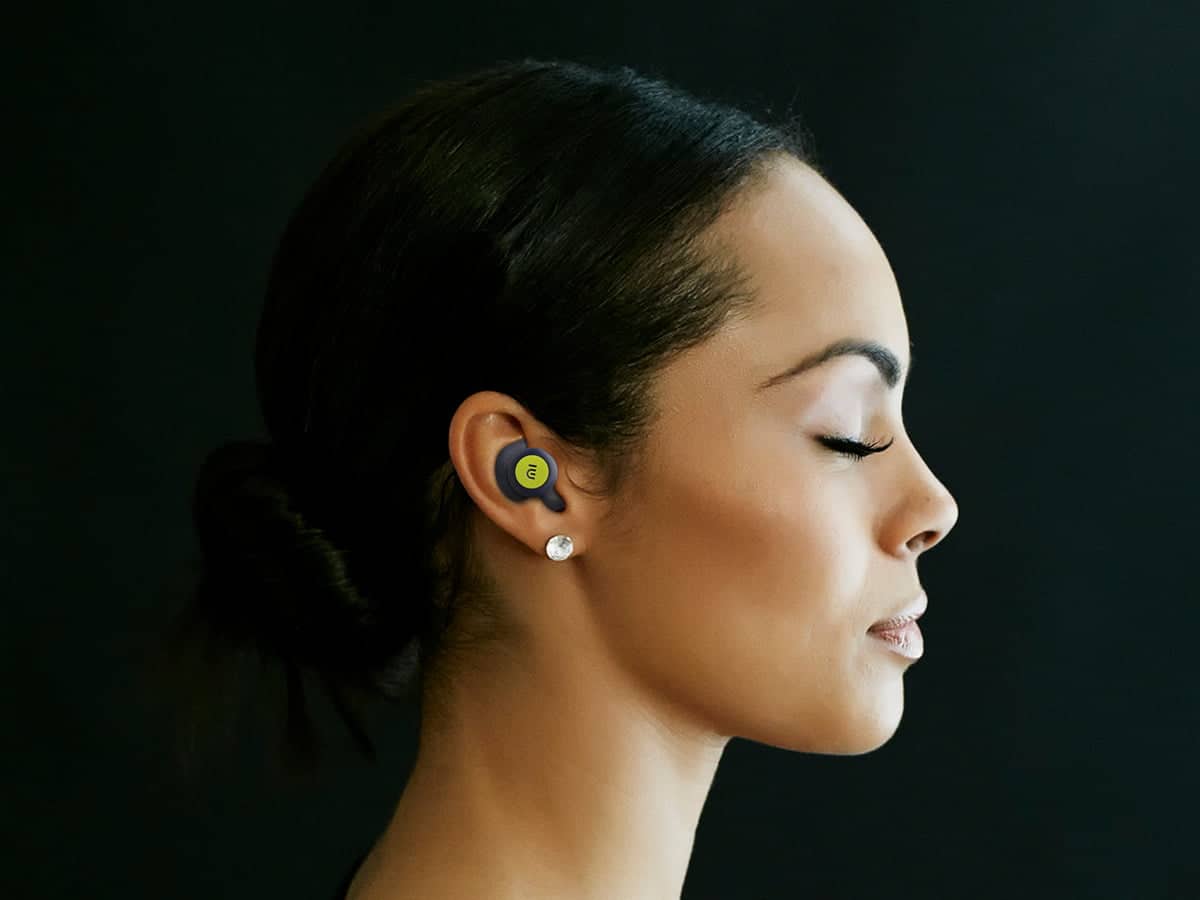In the last two years, more and more research has been pointing to neurotechnology. From Brain Machine Interfaces (BMI) surgically implanted to intelligent tattoos, from helmets that modify brain waves to those that “they read minds".
Today a new company from the United States, Our, is using a technology of neuromodulation integrated into earphones to find new ways to treat a range of common diseases.
While the company's new devices may look like regular earbuds, they don't play music or produce any kind of sound, but they generate electric fields designed to cure disease.
By delivering electrical impulses to a nerve in the outer ear, the earphones penetrate the brain's neural circuits in a way that could help calm inflammation and treat rheumatoid arthritis.
First steps in the brain
“We are still in the early stages of development,” he says Konstantinos Alataris, co-founder and CEO of Nēsos. “We are developing it as a prescription product and are testing it in clinical trials.” Treating arthritis is just the first possible application the startup is pursuing.
If Nēsos has indeed found an effective way to penetrate the brain, two simple earphones could help treat a range of neurological and psychiatric diseases.
The results of the first human study were presented last month at the 2020 American College of Rheumatology meeting.
In the study, 30 people with rheumatoid arthritis were instructed to use earphones for a few minutes a day for three months. Eventually, half of the volunteers had clinically improved significantly. More than half of patients showed 20% improvement, one third improved 50% and some patients experienced a 70% improvement in symptoms.
How Nēsos earphones work
Nēsos' device taps into the power of the vagus nerve, the special “superhighway” of the nervous system that connects the brain to key organs in the body.
Neuromodulation

The vagus nerve has been the subject of a wide range of research: scientists have tried to solicit it to treat all types of diseases, including migraines, strokes, heart failure, depression and inflammatory problems such as Crohn's disease, with varying degrees successfull.
This type of treatment, called neuromodulation, usually involves the surgical implantation of a stimulation device with electrodes that directly touch the neural fibers. Electrical impulses are then sent to the vagus nerve to change the communication between neurons.
La Medical setpoint, for example, has had some success in treating rheumatoid arthritis with an implanted device that stimulates a subset of vagus nerve fibers in the neck.
The researchers found that stimulation of those fibers activates cells in the spleen which ultimately block the production of inflammatory molecules called cytokines. The treatment reduces inflammation, which is exactly what people with rheumatoid arthritis need.
Nēsos' device goes down the same path, except with a completely non-invasive device: two simple earbuds that you wear to your ear. Instead of targeting the vagus nerve in the neck, earphones, via the auricular branch of the vagus nerve, send electrical impulses to regions of the brain thought to regulate spleen production and immune response.
Neuromodulation: new awareness
“Fifty years ago, we thought the brain and the immune system were independent,” Alataris says. “Now we know that they are in constant communication and interaction.”
Surgically implanted neuromodulation devices tend to be more accurate than non-invasive devices, such as earphones, which do not come into direct contact with the targeted neural fibers. But surgical neural implants are typically reserved for people who are in advanced stages of the disease. A non-invasive device can allow the initiation of neuromodulation therapy on people in the early stages, and therefore cure the disorder in good time.
Nesos earphones, approval required
Nēsos is now starting a larger human study that will compare the effects of earphones on people with rheumatoid arthritis and a control group.
The company is also testing its technology on people with postpartum depression and migraines.
Rigorous clinical trials are needed if the company wants to gain regulatory approval as a medical device that treats diseases.
This type of data will also differentiate Nēsos' device from the growing number of earbuds and headphones on the consumer market. The manufacturers of these devices often claim that their devices improve “well-being,” but they lack rigorous science to back up those claims.


